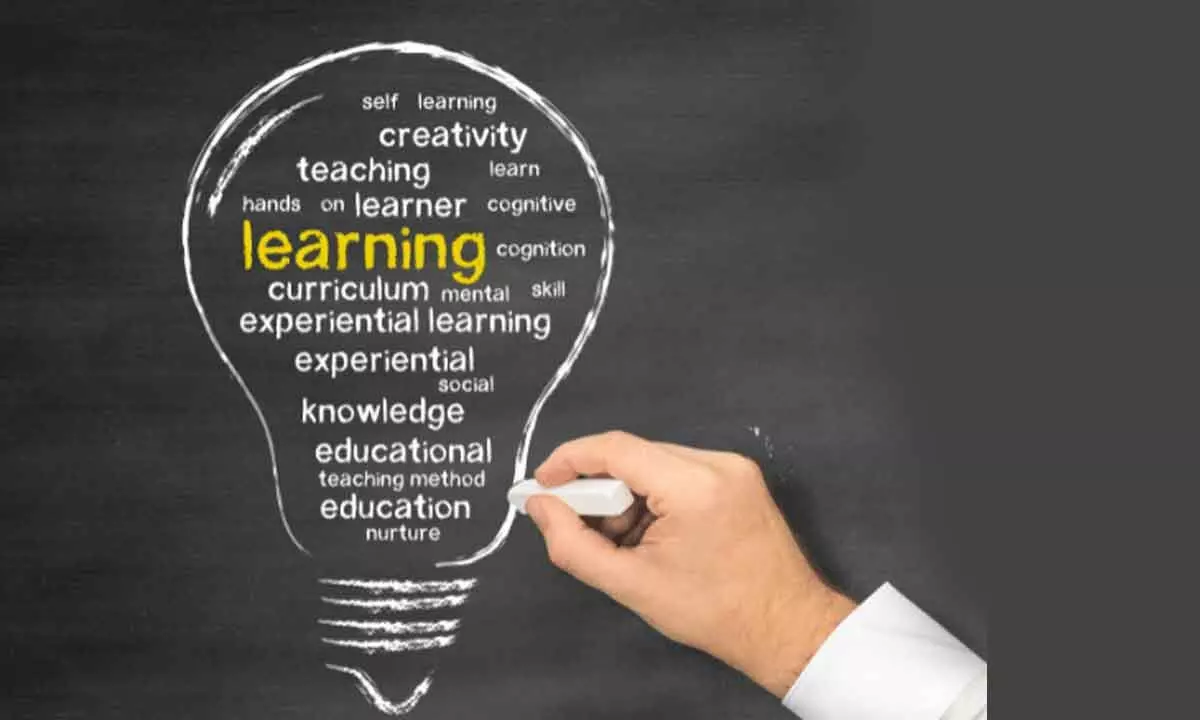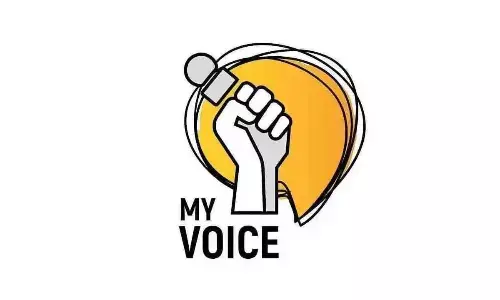The power of experimental learning in developing soft skills

In today's rapidly evolving and interconnected world, possessing robust soft skills has become indispensable for both personal and professional success. Soft skills like communication, collaboration, adaptability, and problem-solving, play a pivotal role in navigating diverse environments and fostering meaningful relationships.
While conventional learning methods may offer theoretical knowledge, experimental learning presents a unique and potent approach to refining these crucial skills. This article delves into the transformative capabilities of experimental learning, empowering individuals to cultivate and enhance their soft skills, ultimately paving the way for personal growth and professional advancement.
Experimental learning, often referred to as experiential learning, represents an immersive educational approach where learners actively participate in the learning process. This pedagogy yields tremendous benefits. AtKidspreneurship, our experiential learning pedagogy is based on three foundational principles: participation, playfulness, and probe. This three-pronged experiential learning experience outshines the advantages offered by any conventional learning method.
As Benjamin Franklin once aptly stated, "Tell me and I forget. Teach me and I remember. Involve me and I learn." Experiential learning demonstrates the truth behind these words through various compelling benefits:
Active engagement
Experimental learning fosters active participation, enabling individuals to directly engage with real-life situations. This hands-on approach creates opportunities for individuals to practice and refine their soft skills within authentic contexts. Activities like role-playing, simulations, and experiential exercises empower individuals to actively experiment, make mistakes, receive feedback, and learn from their experiences. Such active engagement facilitates a profound understanding of the intricacies of soft skills, instilling confidence in individuals' abilities.
Contextual relevance
Experiential learning elevates the learning experience by incorporating real-world contexts. Instead of relying solely on theoretical concepts, individuals can apply their soft skills to genuine scenarios. By confronting challenges and dilemmas within controlled environments that possess contextual relevance, individuals develop problem-solving, decision-making, and critical thinking skills. Simultaneously, they gain insights into the consequences of their actions, broadening their understanding of how their soft skills manifest in real-life situations.
Reflection and self-awareness
Reflection stands as a crucial component of experimental learning. It encourages individuals to critically analyse their experiences, evaluate their strengths and areas for improvement, and cultivate self-awareness. Guided reflection exercises enable individuals to identify patterns, biases, and behaviours that impact their soft skills. This introspection fosters continuous learning, enabling individuals to refine their approaches and consciously strive for ongoing enhancement of their soft skills.
Long-lasting skill acquisition
Learning through experimental methods ensures that the skills acquired have a lasting impact on individuals. Unlike fleeting knowledge gained through passive learning, experiential learning cultivates deeply ingrained abilities that endure beyond the learning environment. The practical experience garnered through active engagement translates into practical application, empowering individuals to excel in their personal and professional lives.
Fosters curiosity and nurtures lifelong learning
Experimental learning sparks curiosity and nurtures a lifelong love of learning. By engaging in dynamic and immersive experiences, individuals develop a sense of wonder and an intrinsic motivation to explore and acquire new knowledge. This cultivates a growth mindset, propelling individuals to continuously seek opportunities for personal and professional development.
Soft skills have evolved from being mere "nice-to-have" attributes to becoming essential life skills. They are also transferable skills which serves students across different careers. Through active engagement in real-life scenarios, individuals can acquire practical experience, enhance their communication and collaboration abilities, foster adaptability and resilience, and cultivate self-awareness. Embracing this experiential learning methodology empowers individuals to thrive in their personal lives and excel in their professional endeavours.
(The author is Thinker in Chief, Kidspreneurship)








